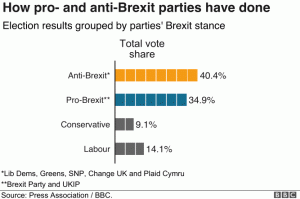I have received today le Certificat de nationalité française, confirming that I am a French citizen. I have no intention of renouncing my rights as a British citizen, but I have no intention of surrendering my rights as a European citizen either; and I do not think it reasonable to require any person to give up the rights of citizenship, or democratic to suppose that their rights can be extinguished by the will of a majority. My father and grandparents were refugees from France, my first wife was French and my children are dual nationals, but as we were all members of the European Union it didn’t seem important for me to do anything about my own status. In November 2016, I realised I would have to. I obtained the necessary documents, arranged for formal translation of English documents and completed an application for the in January 2017. The process has taken most of three years, and I still don’t have the carte d’identité or a passport, but the question of legal status has been sorted.
I’m far from alone in taking such a step: hundreds of thousands of British citizens have applied for citizenship from various EU countries, many from Ireland or Germany. It will protect my rights to live, work and travel in the EU – I’m more likely to work in Poland than I am in France – but the issues go much deeper than that. I wrote this in March 2017:
There have been demonstrations over the weekend. They’re not about tariffs. They’re about movement, contact, travel, education, work and family life. The loss of European citizenship means that you won’t have the right to live or work across Europe without a permit, to study where you will, or to marry a European with the assurance that you’ll be able to live together. And that directly and immediately affects the lives of millions of people – not just the 4 million already identified by Michel Barnier (that is, EU citizens in the UK and UK citizens in the EU), but anyone in a mixed family, and anyone who might be. People like me; quite possibly, people like you.
Before the referendum, I tried to flag the issue when it wasn’t on the agenda; since the referendum, I’ve raised petitions on Change.org and in the European Parliament. This is about the right to live in Europe. We were told that right was fundamental, not just to what the European Union was all about, but to us; and for many of us, it is.
Postscript: This was my 1000th post on this blog.
